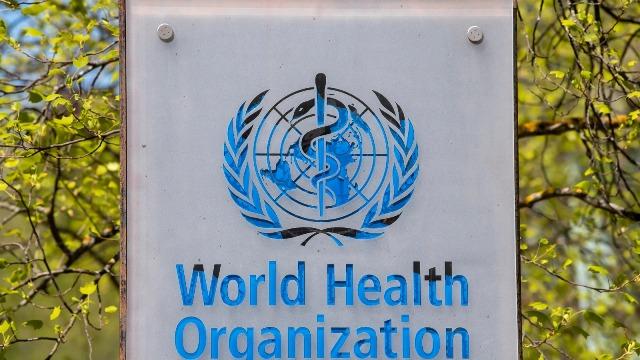The World Health Organization declared mpox a global public health emergency on Wednesday, for the second time in two years, in response to an outbreak in the Democratic Republic of Congo that has extended to neighbouring countries.
Mpox typically spreads through close contact and is generally mild, but can be fatal in rare instances. It presents with flu-like symptoms and pus-filled lesions on the skin.
The designation of a “public health emergency of international concern,” or PHEIC, represents the WHO’s highest alert level and can expedite research, funding, and global public health collaborations to manage a disease.
This week, Africa’s principal public health institution announced a mpox emergency across the continent, citing a rapid spread of the infection.
To date, the African continent has seen over 17,000 suspected cases of mpox and 517 deaths this year, marking a 160% increase in cases from the previous year, according to the Africa Centres for Disease Control and Prevention. Cases have been reported in 13 countries.
The Congo outbreak originated from a native strain known as clade I. However, a new variant, clade Ib, seems to transmit more readily through regular close contact.
In 2022, a different mpox strain, clade IIb, caused a global spread primarily through sexual contact among men who have sex with men, leading the WHO to declare a public health emergency, which concluded after 10 months.







